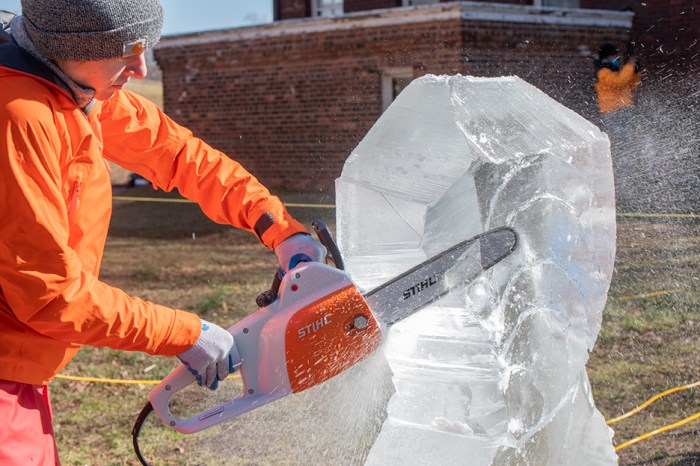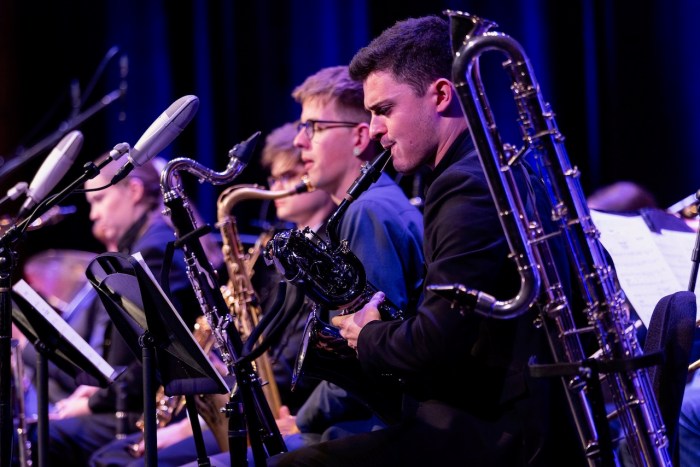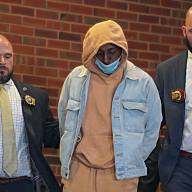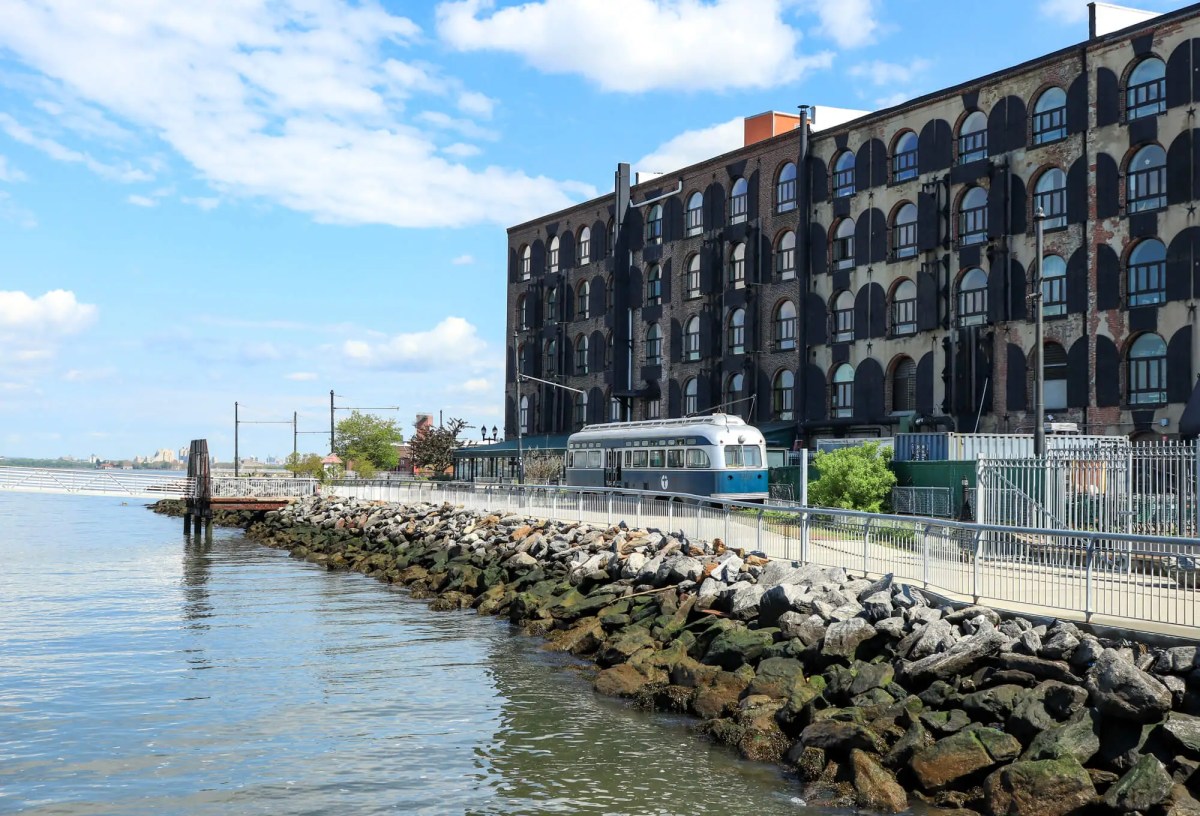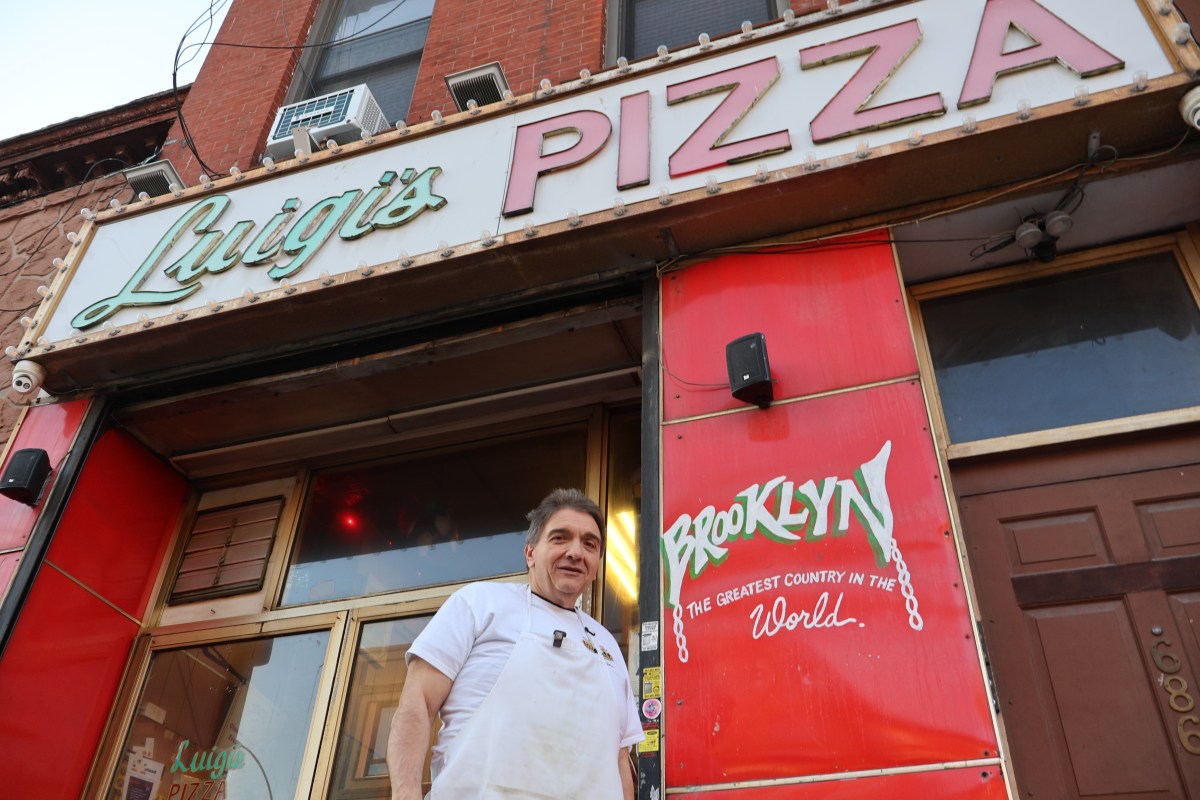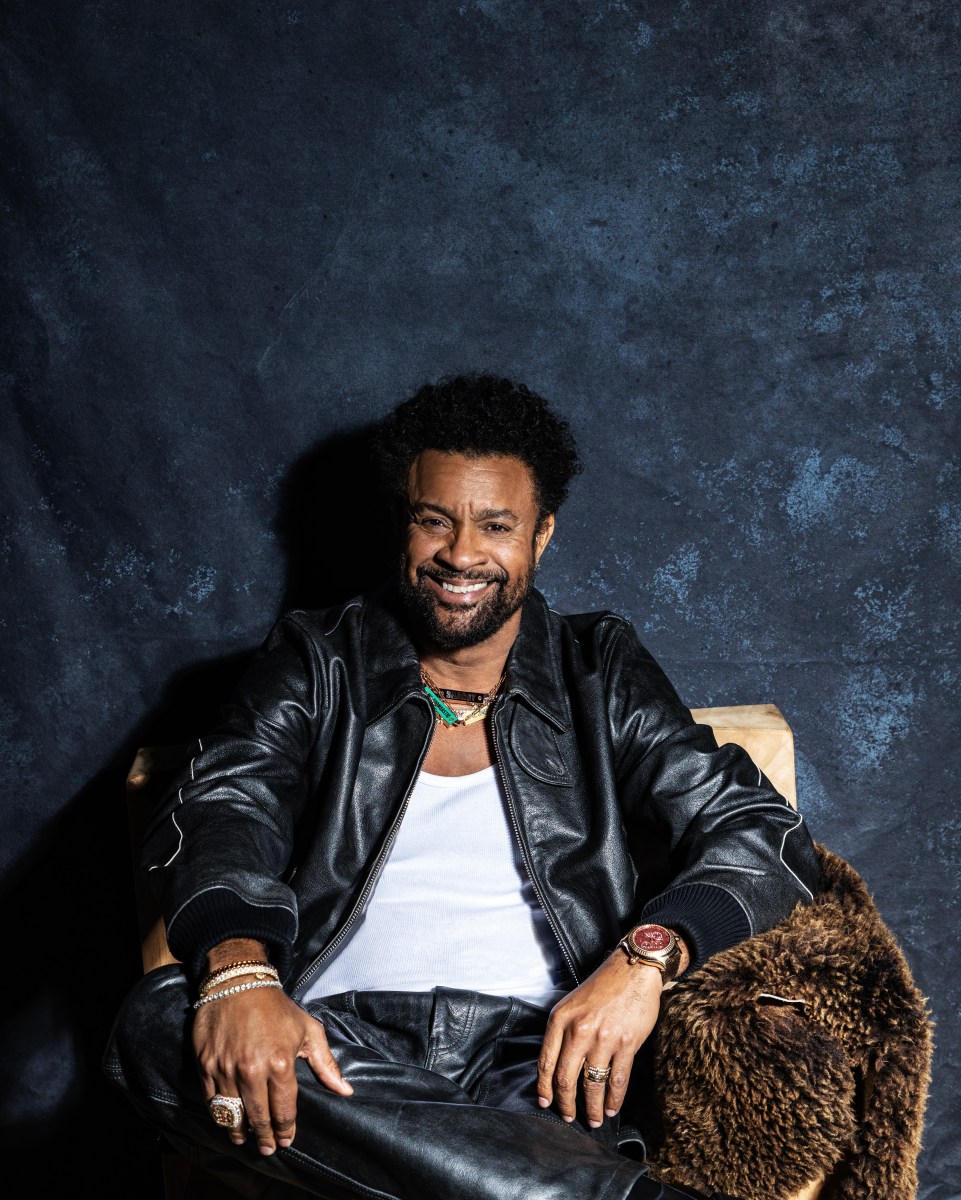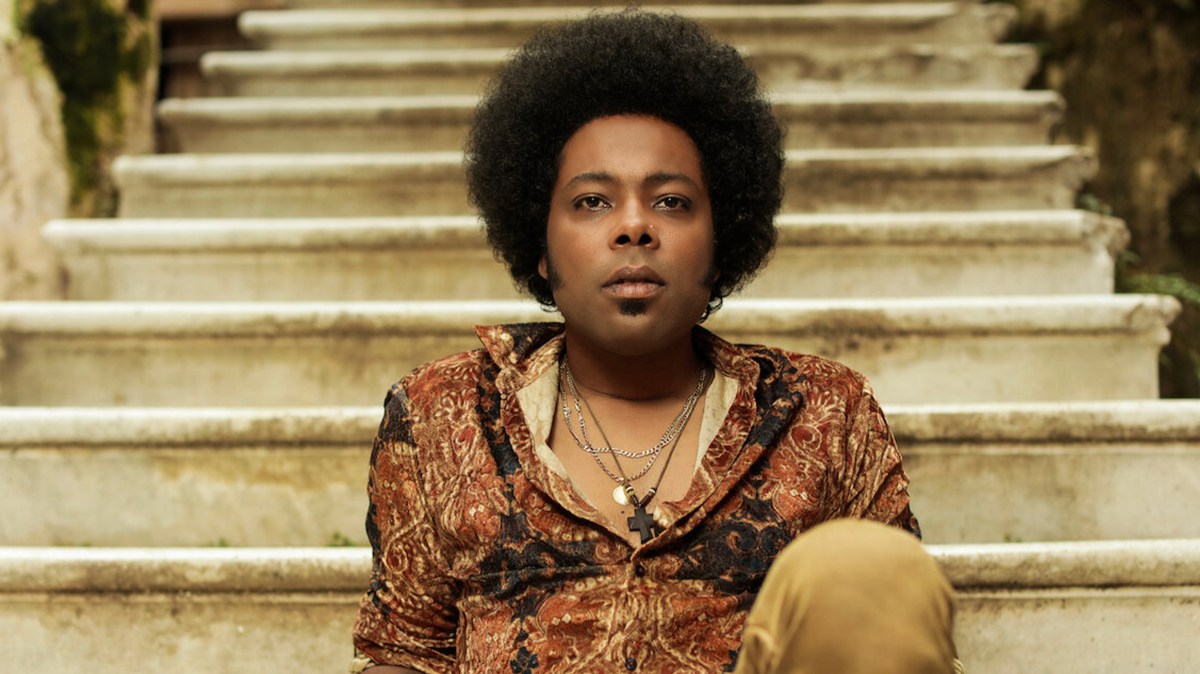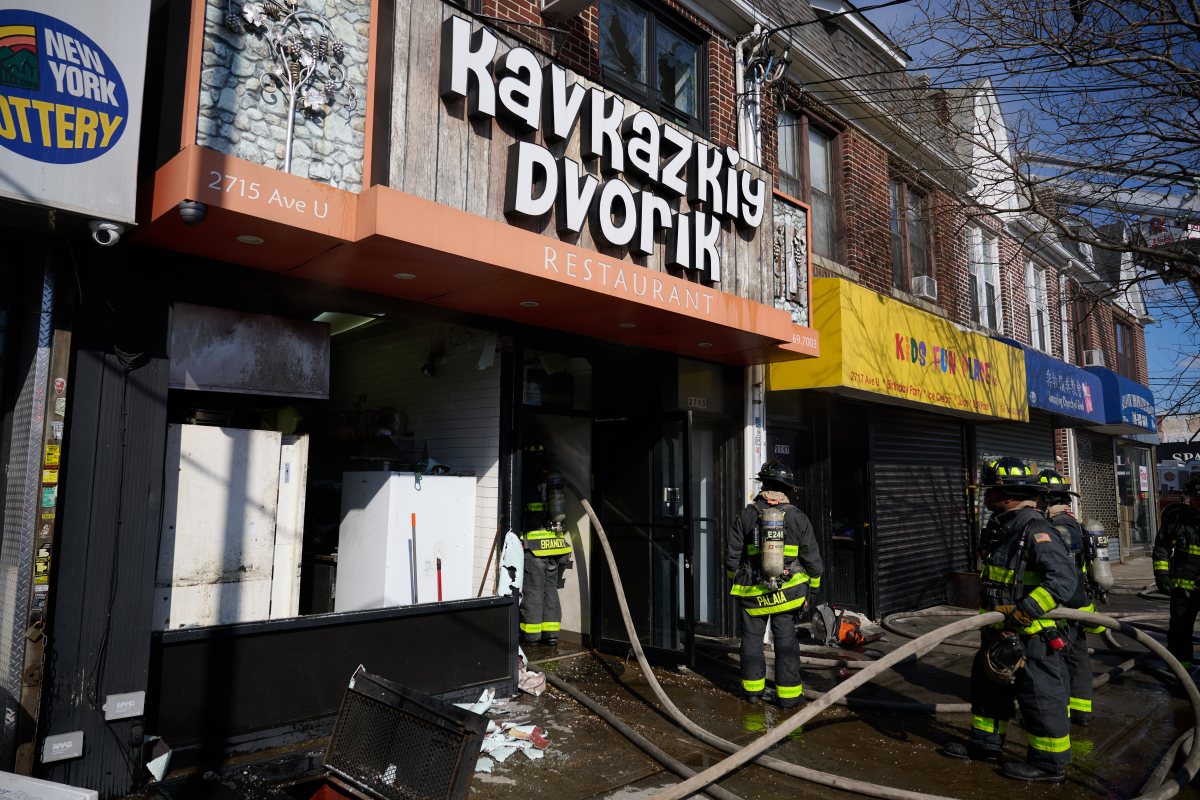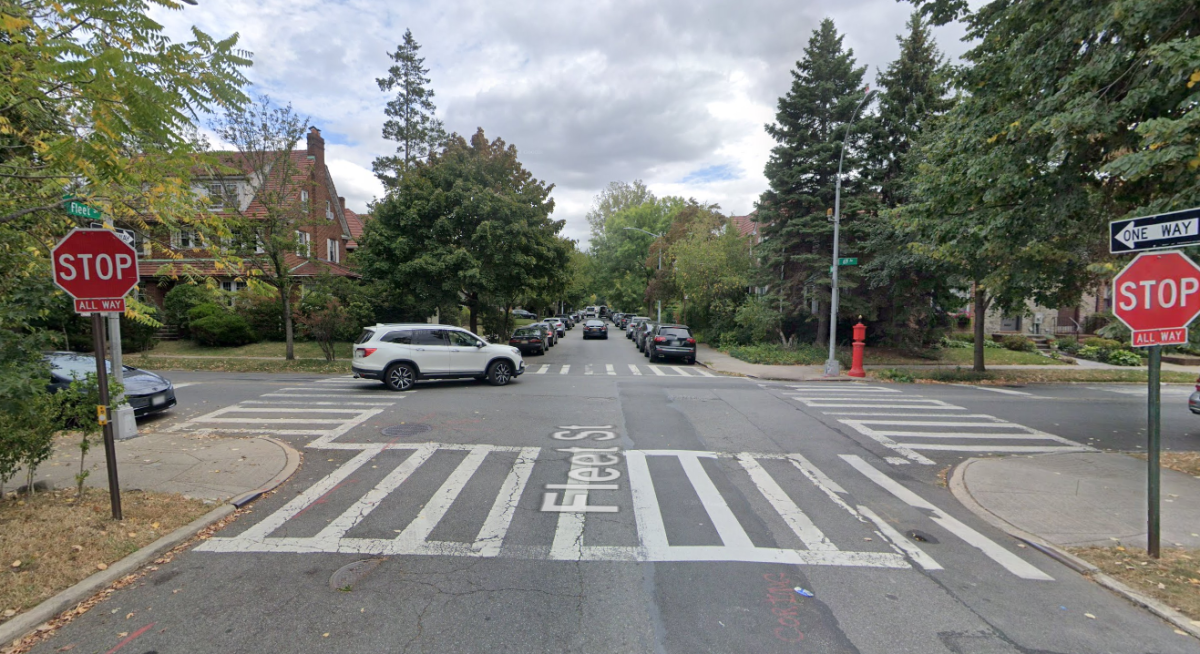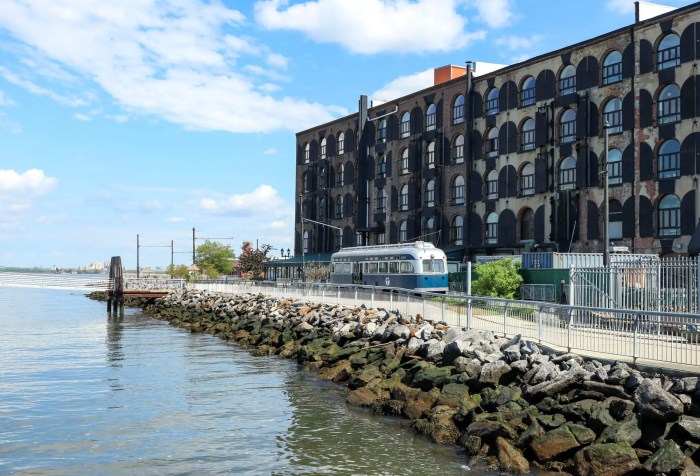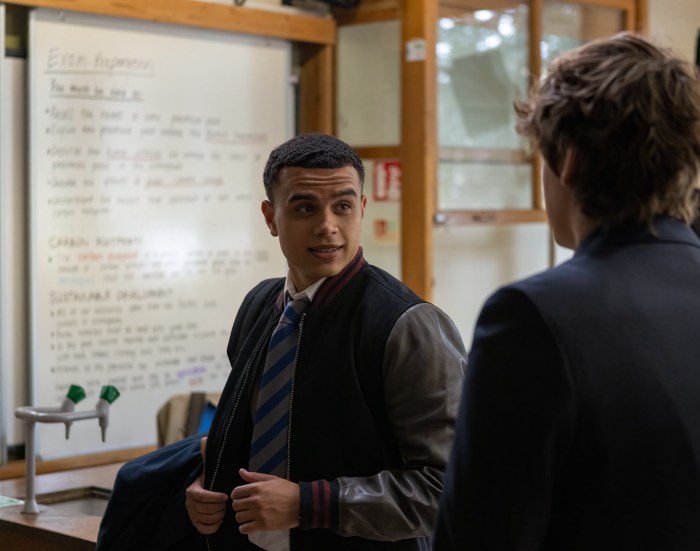
In 2009, a man who had lost his job wrote a letter to then-President Barack Obama about the pride he had for his rough and calloused hands — they were a sign of a hard day’s work — but after losing his job, they had become soft from lack of use.
The man’s lyrical but blunt letter to Obama will be a part of a musical theater concert of songs and readings created from letters pulled from the National Archives called "Letters to the President." It’s free to the public on April 8 at The Cooper Union.
The concert reimagines letters to U.S. presidents that were culled from the National Archives and private collections from across the country. They describe Americans’ thoughts and experiences about western expansion, World Wars I and II, space exploration, the civil rights movement, gun violence, marriage equality and immigration policy and more from as far back as the 18th century with a letter to George Washington. The original letters will be read along with performances of the songs they inspired.
The concert comes during The Cooper Union’s 160th anniversary and seemed like the right way to celebrate, according to Laura Sparks, the private college’s president said.

"In addition to our role as a distinguished private college for students in art, architecture, and engineering, The Cooper Union, and our Great Hall in particular, has been a place of organizing, activism and civic engagement in many forms since our founding in 1859," she said in a statement. "The suffrage movement was shaped at The Cooper Union, and so were organizations like the NAACP and ACT UP. The process of bringing to life a collection of letters, written by individual Americans to the presidents of the United States, through a program like this is its own form of activism and is very fitting for Cooper given our history."
Ahead of the concert, we asked Sparks, its director and co-creator Michael Bello (resident assistant director of "Summer: The Donna Summer Musical") and co-creator Jessica Kahkoska (of the Discount Ghost Stories rock band and dramaturg/researcher for the punk rock musical "Agent 355") about the process of transforming the words of Americans past and present into music.
What did you personally learn by going through these letters?
Kahkoska: While they range from short to long, articulate to frenetic, and funny to somber, the constant theme is a shared, deep passion for America and what our country could be. I was surprised by the high level of emotion in these letters. I think we tend to remember history as a series of inevitable, definitive events, but these letters reveal a vulnerable side of our history in process. In everything from tone to handwriting to stationary, the letters are highly personal and impassioned, as citizens grapple with the unknown and fight for their dreams and vision for our country. As a canon, the letters offer a strikingly intimate glimpse into an American legacy of discourse, advocacy, and the ever-changing complexity of the American dream.
Bello: Whether reading a letter being written to Abraham Lincoln in 1863 or to Barack Obama in 2014 it is striking that most letters have been written about similar concerns for over a century. Americans throughout history have written to the president with common concerns, such as a better future for themselves and for their children or ensuring safe and stable living conditions for their families. Going through these letters has taught me that while the specifics of the American dream evolve from decade to decade the hope, faith, and love of country lasts centuries.
Which letter affects you the most?
Bello: I am particularly affected by a letter we’ve titled “My Hands” written to Barack Obama in 2009. The opening line is “In 2007 I was proud of my hands…” and the goes on to explain how his dry and calloused hands used to be his prized possession. They were symbols of a long day’s work, gainful employment and his ability to support his family. The letter, written by handed on lined paper, is unapologetically blunt and raw while also lyrical and poetic. It’s one of the first letters I read and the visceral emotion in the author’s language has stuck with me.
Kahkoska: I feel most affected by a simple telegram sent to Franklin Delano Roosevelt by a man named J.B. Manual in 1942. It is only two sentences long: Manual shares that he just heard FDR’s speech, which cheered him up, and informs the president that he received word that day that his son had been killed at Pearl Harbor. It’s a letter I found in my early research, and I remember pausing completely to take it in. In comparison to the longer polemics and more formal language of many other letters, the brevity and raw emotion stood out to me.
Besides celebrating the anniversary, why is now good timing for this program?
Sparks: The act of writing letters to the president of the United States — or any other elected official — is democracy in action. The ability that we all have to share our convictions directly with those elected to represent us is both a privilege and a right. The fact that we are in the midst of an extraordinary moment in American politics makes it precisely the right time to reflect on the sanctity of our democracy and the power of individual voices.
Kahkoska: Ultimately, this project is a celebration of the many voices who make up America, including the writers of these letters, the contemporary composers who are now interpreting them, and the performers who will sing them on April 8. It has reminded me that the promise of America has never been that everyone agrees, but that everyone is heard and able to participate in government. These letters show the failures and successes of that promise over the years. As each letter is being adapted by a different musical theater writer, our aim is to highlight the many voices of this canon and American history through an equally diverse score. All in all, the project features a conversation between 45 voices from 1782 to the present, and I’m deeply excited about using musical theater to celebrate and fight for this tradition of American discourse.




